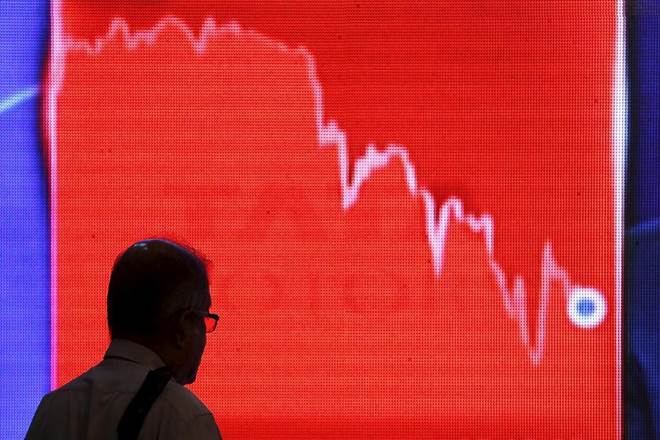- By Anshul Saigal
The last two years have been a period of severe adversity for the markets. The culmination of this adversity is the current coronavirus-led stress. Since the market’s peak in Dec 2017 till March 2020, Nifty 500, Nifty Mid Cap & Nifty Small Cap are down approximately 30%, 50% & 60%, respectively. Seeing such market action negligible numbers of investors, if any, are putting new capital to use in the markets. The most quoted phrase of Warren Buffett is, “Be fearful when others are Greedy and be Greedy when others are Fearful”. While this is an easy phrase to quote, it is the hardest to imbibe. In such uncertain times, capital preservation is paramount in investors’ psyche, Greed has low priority. In this context a thinking framework we follow is as follows:
1. While shopping for garments, groceries, electrical goods we jump on discounts
2. If our property is worth Rs 1Cr and a similar-sized, adjoining apartment is available at Rs 60 Lakhs, we would run to buy
Albeit, if equities trade at a discount to intrinsic value, the belief is this trend would continue. 2 reasons that explain this psychology are:
a. Loss Aversion – The Pain of a Loss is 2x the pleasure of a Profit. Hence investors tend to cave in and cut losses when pain is maximum
b. Speculation over investing – Equities are considered to be tickers which go up and down. They are not considered to be fractional ownership in businesses. The business value does not change as frequently as market price changes. Hence for discerning investors, fall in market price, when business value is constant, is an opportunity. Speculators chase trends, hence get perturbed by price declines
If history is any guide, adversity offers maximum value. SARS crisis happened in 2003, markets were down c.15% while the crisis was underway but ended higher by 82% for the year 2003. The global financial crisis in 2008 culminated in the index being up nearly 100% in 2009. Performance of stocks, 3 months/ 18 months post the market bottom on 9 March 2009 was robust, as can be seen from the table below:

In crisis periods governments take counter-cyclical measures to pump prime economic activity. Over March 2020, Global central banks have lowered rates with immense alacrity, emergency liquidity measures to support asset prices have been put in place, fiscal support is being offered, etc. At present, with nearly 2.7Mn COVID infections globally and 1.9 lakh lives lost, fear of COVID related economic weakness is hurting markets. Having said that the example of China suggests that COVID can be overcome as a result Chinese markets are down only 7% for the year (India is down approx. 30%). With so much liquidity waiting on the sidelines, as the number of COVID infections start trending down or a cure is formulated, markets may start building in an economic recovery and rebound. This does not mean investors should rush in with buckets of liquidity. Rather, it would be prudent to track data and put capital to use in spoonful measures. Given the significant correction in valuations, Risk-Reward may be favorable for investors looking beyond the near term uncertainty and seeking returns over a 2-3 year period.
(Anshul Saigal is Head – PMS at Kotak Mahindra Asset Management Company. Views expressed are the author’s own. Financial Express Online does not responsible for the recommendations, please consult your advisor before investing.)

